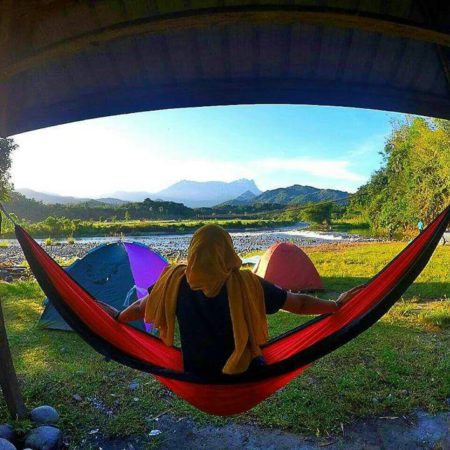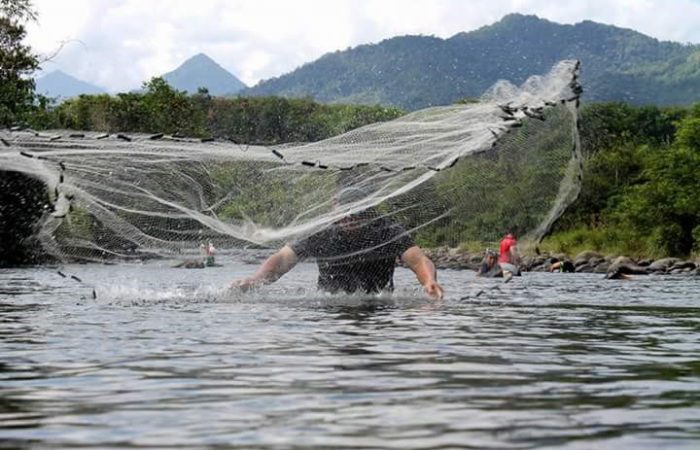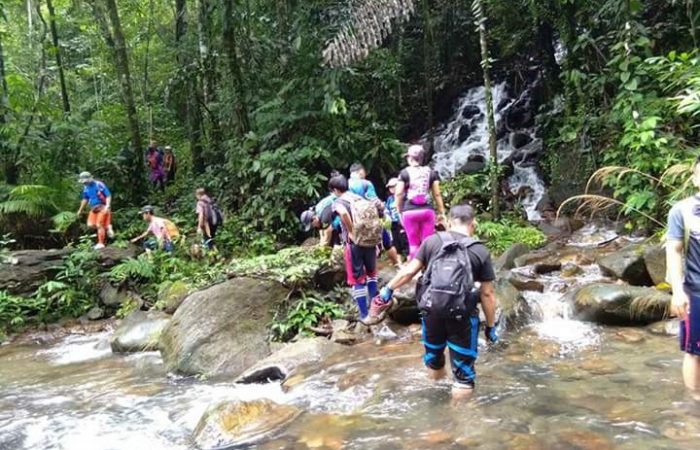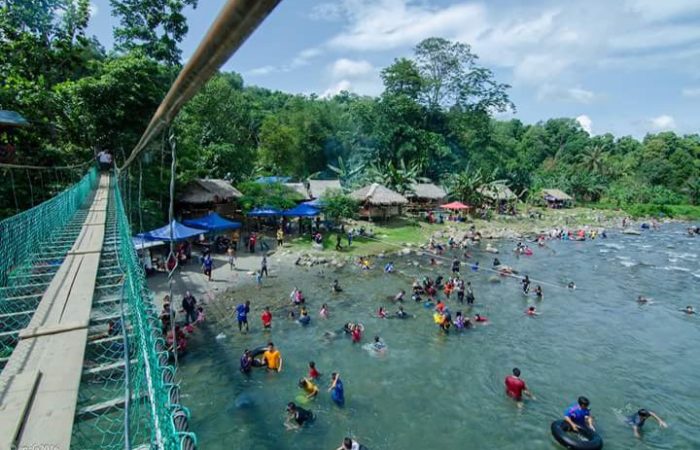SABAH RURAL TOURISM
Background
With its amazing diversity and variety, SABAH is a tourism hotspot and sought after travel destinations for travellers from all across the world. Capitalising on this, and the growth and potential of Rural SABAH, rural tourism has really made its presence felt recently.
Slowly, SABAHAN villages are witnessing a nascent change. Embracing their culture, tradition, natural resources, and rural tourism is escalating how much importance SABAH bestows on its rustic spirit. Starting from mere ideas rural tourism is silently creating miracles, triumphantly.
Explore • Experience • Enjoy
As SABAH braces for new endeavours, rural tourism has also advanced silently, turning into a major economical benefactor for communities, cultures, and traditions. The storytelling of rural tourism in SABAH is nuanced with rich cultural experiences, oral history, culture traditions, old rituals, biodiversity, and an empowering interplay of nature narratives. With the advancement in rural tourism, villages which for long had been persistently dependent on paltry agricultural income, have attained limelight, bestowing them with identity, infrastructure, and development capacity. In fact, rural tourism, which is still being experimented and developed and in SABAH, has the capability to reduce the burgeoning gap between urban and rural SABAH.
Since 2014, SABAH TOURISM BOARD started developing and supporting villages on the basis of their USPs like culture and bamboo craft, eco-tourism, agro tourism, education tourism, heritage and tribal culture, handicraft and other essential talents.
Instead of opting for discovering famous existing sites or tourism products, even the domestic market is witnessing a switch. People want to experience the rural lifestyle, and spend weekends in unknown areas of SABAH, away from bustling city life. After all, SABAH is known for its unique dialects, history, and heritage, which frequently change from one village to another.



Various communities in Kiulu, Kadamaian, Tambunan, Kota Marudu and Ranau have started witnessing slow change. The positive impact is visible for these communities which – in spite of their traditional and rustic richness – we initially ignored. Today, the villages have their own identity, apart from agriculture,. Even the women have started indulging in various handicrafts and other vocations that have helped them rise above anonymity. The concept of ‘responsible tourism’ and “sustainable tourism” is also connected with rural tourism. This further stresses respecting the culture, tradition, and sanctity of the communities, therefore giving them protection, empowerment and enhancement in their socio economy for poverty eradication.



